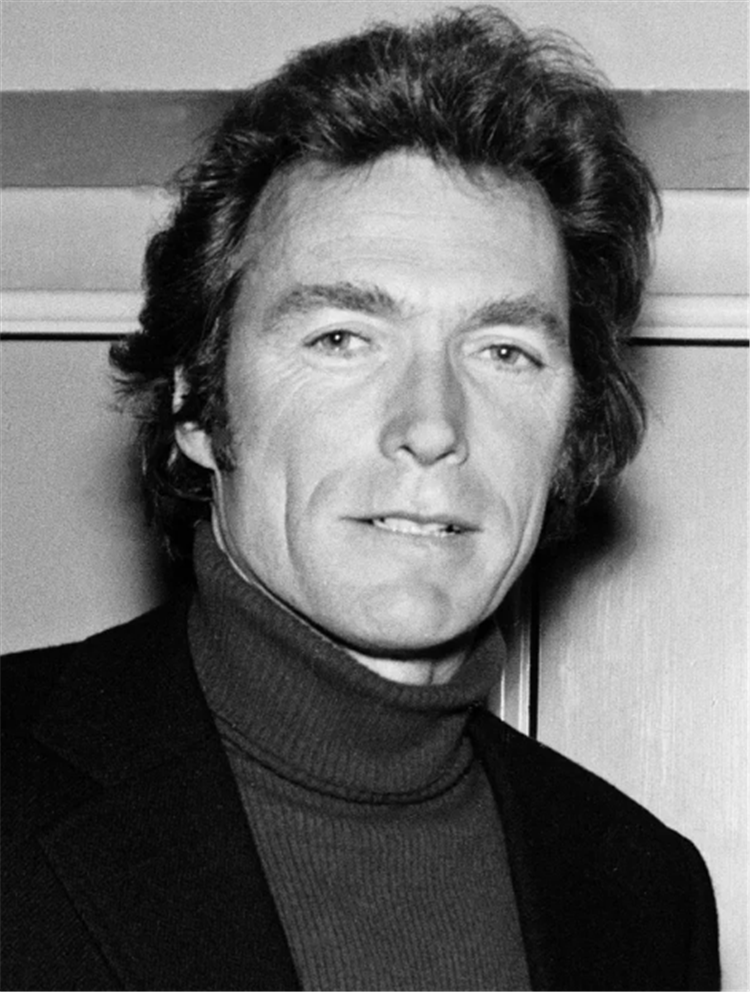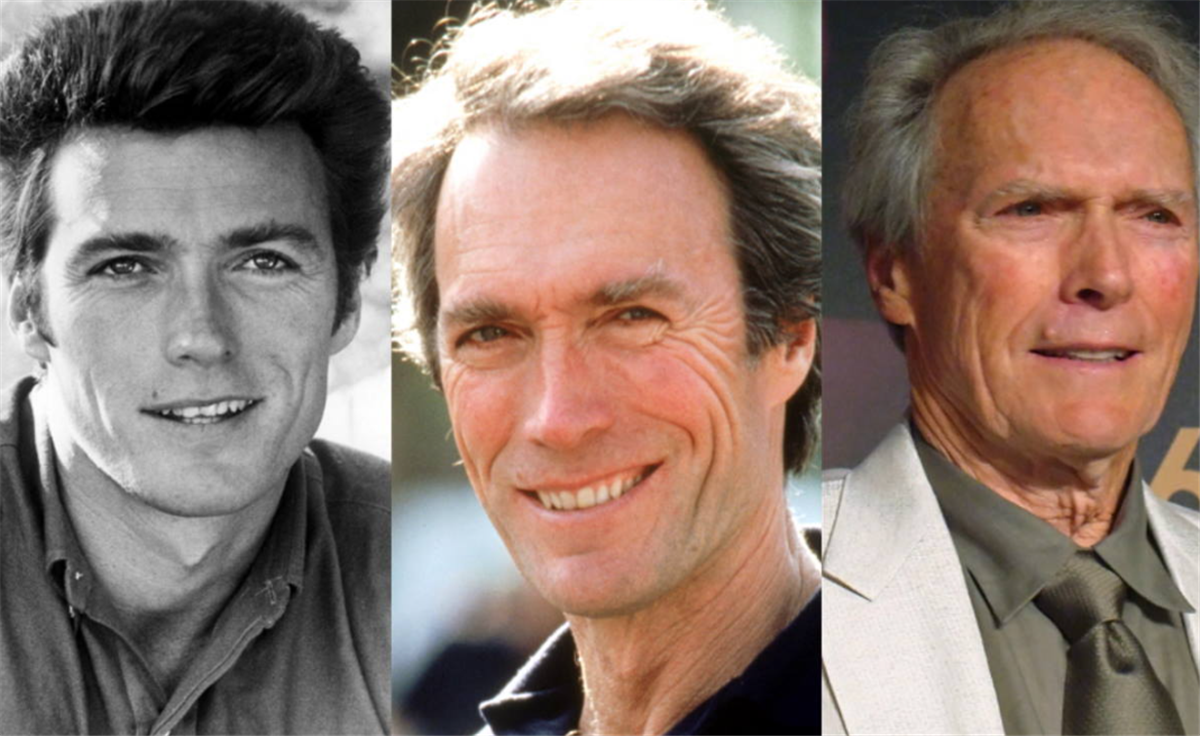As a keen pianist, Clint Eastwood once declared, “If I’d had good discipline, I might have gone into music”. As a 93-year-old still making movies, that discipline has never actually been called into question. Perhaps that’s why, to some extent, he has been able to fulfil his musical ambitions—the star has been listed as a singer or lyricist in nine of his movies and even scored seven of them, including the award-winning Mystic River.
So, it’s clear that he knows a thing or two about music. “My mother knew how to read music,” he said when reflecting on his craft, “but I just kind of learned off of records. And so, I was listening to records, and I’d play them over and over.” As he listened, he played along. Seeing as though he was a child of the 1930s, more often than not, it was jazz he was listening to.

In the years that followed, he grew enamoured with the cool refinement of the likes of Miles Davis—a fondness that is even detectable in his elegantly restrained acting work. He also loved the heart and soul that brimmed out of the likes of Ella Fitzgerald, another creative tenet he has looked to weave into his stories as a filmmaker. But when it comes to the crux of his tales, it’s the old-fashioned storytellers he looks up to.
When it comes to those, Eastwood still thinks that Johnny Mercer is the best to ever do it. Speaking about his favourite records of all time, the filmmaker touted Dianna Krall’s version of ‘Midnight Sun’ as a masterpiece, and of the Mercer’s songwriting, he declared that he was “probably the greatest song lyricist ever. Even to this day”. The noted pinnacle of his work was his ability to be both profoundly poetic and seamlessly melodic in the process.

In 2009, Eastwood would even go on to present a documentary titled Johnny Mercer: The Dream’s on Me, which starred the likes of Julie Andrews, Bono and Tony Bennett, all giving glowing appraisals of the songwriting legend. How could you not with lyrics like this in his arsenal: “Since you went away, the days grow long / And soon I’ll hear old winters song / But I miss you most of all, my darling / When autumn leaves start to fall.”
Much like Eastwood himself, these lyrics might appear to come easy, but Mercer struggled greatly trying to wrestle his creativity into a less unruly wellspring. As the later songwriter bemoaned in We Were Warriors, “It wasn’t that I was lazy- I was a bloody hard worker- I just found concentrating on one thing particularly difficult when I had such mammoth internal battles going on.”
Mercer continued: “Only when I was physically exhausted did I seem to manage a modicum of internal peace, when my mind would stop ticking over. I needed to try and get to grips with it all. There was a very little awareness about ‘mental health’ in those days. I just felt like I was mad”.
